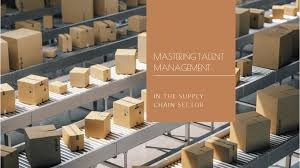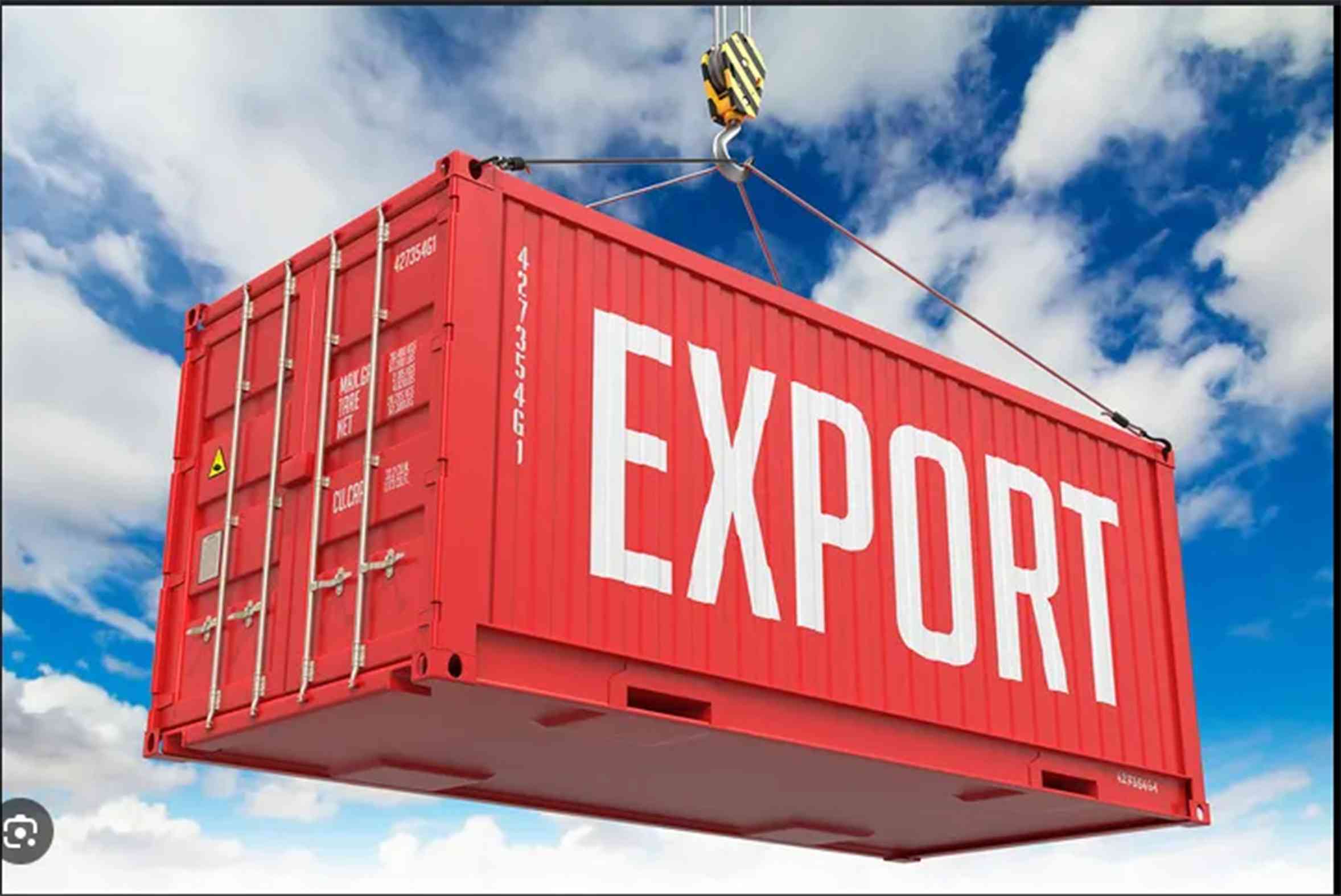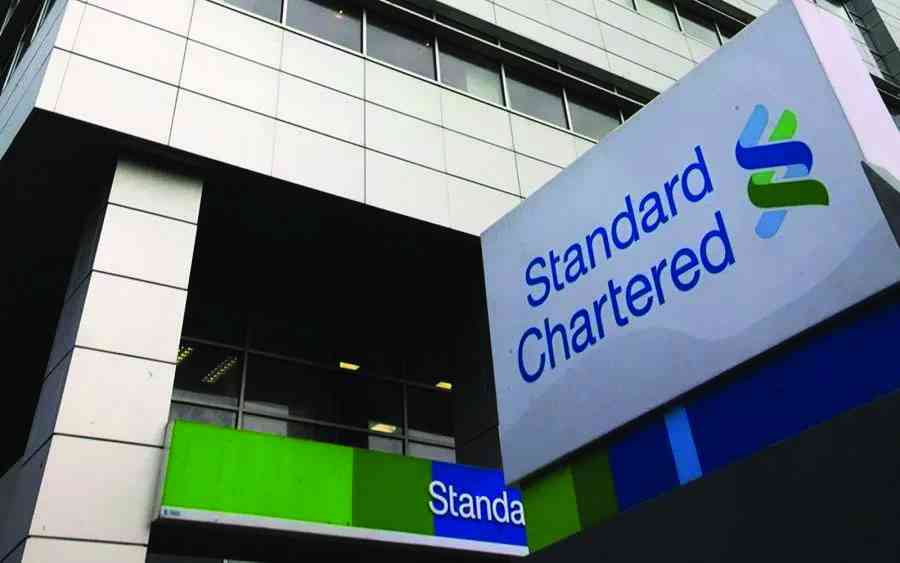
GIVEN the highly volatile and complex business environment obtaining the world over, many institutions are finding it extremely difficult to ride the wave of change without the requisite skills in their corporate structures.
The struggle to identify the right talent in supply chain management is slowly becoming a worldwide phenomenon with the possibility to reach every corner of the globe.
Winning significant battles on talent wars will come with many challenges. We are fully aware that the business environment of today bears little resemblance to years past.
The talent management strategies of yester year were not built with today’s realities in mind. Those supply chain departments, who continue to rely on last centuries talent management approaches will find themselves in a race to the bottom.
As the supply chain profession evolve over time, supply chain leaders are slowly beginning to appreciate the importance of developing a predictable talent pipeline that can potentially create intrinsic value for their organisations.
Talent management is generally regarded as the integrated process of making sure that an organisation has a continuous supply of highly productive individuals in the right job, at the right time.
Instead of treating it as a one-time event, talent management should be regarded as a continuous business process.
This process should not only plan for talent requirements for the organisation but should also build a corporate image to lure highly capable and motivated personnel in the right job, at the right time.
- Abwa commissions milk plant
- In the groove: Has inflation hit the music markets?
- Zimbos snub Zec voter registration programme
- Business opinion: Brand customisation
Keep Reading
The goal of the talent management process is, therefore, to increase overall workforce productivity through the improved attraction, retention, and utilisation of great talent.
It is generally agreed that between 50-70% of the organisation’s expenditures are managed by the supply chain department. Such huge company financial responsibility must be placed in capable hands because it can mean the difference between profitability and loss.
It would, however, appear that in some more stable economies, there is a critical shortage of supply chain talent to handle such huge expenditures diligently.
Human resources experts predict that going forward, it will be very difficult to identify supply chain talent with the multitude of skills required.
It is predicted that it will get worse before it gets better. However, supply chain practitioners are very clear in their minds that to create real and sustained value, the need for qualified personnel is a no brainer.
The old-age business adage that people are a company’s most prized assets should drive a lot more companies to dedicate a lot more resources to the identification, training and development of personnel, particularly in supply chain management.
The need to create a talent management model better suited to today’s realities is now a strategic imperative. Savvy supply chain professionals are expected to acquire a wide range of skills to match a broader array of activities in the procurement arena.
Highly successful organisations appreciate that successful companies should hire the right personnel with the right skill set right from the onset.
Employees of an organisation are capable of influencing profit maximisation more than any other resource or functional process flow. The success or failure of the organization boils down to people they employ.
The business is as good as the people hired to be part of the team. Corporate leaders in supply chain management are, therefore, encouraged to handle with the greatest care their human capital the same way they manage financial resources of the company.
The seismic shift in the struggle to attract, train and retain the best brains in supply chain will continue to be spurred by the need for organisations to stay ahead of competition.
As supply chain challenges continue to mount, it is more important than ever to search for well-rounded professionals, who can measure up to the rigors of the current volatile supply chain markets.
The major challenge is to attract team members that recognise the importance of measuring up to speed with business realities currently obtaining the world over.
The emphasis should be the development of supply chain professionals, who are not only well-versed in supply chain dogma but those who are prepared to lend their expertise and offering to exploit a whole host of opportunities across the business terrain.
Diversity of thought being paramount. Business leaders in supply chain are therefore expected to develop a finer grained view of shifting labour dynamics if they are to walk in step with current supply market dynamics.
Those supply chain leaders with a deeper conviction that talent development fully deserve the additional effort will benefit from working with the best of breed.
Business owners across the industry divide have got a tendency to view the world in terms of dollar values. To win leadership support, the organisation’s supply chain management strategy must be built around variables that are easy to monetize and quantify in dollars and cents. To do that, organizations will require expert labour.
The organisation’s talent management strategy should, therefore, be solely focussed on differentiating your business from the crowd, thus moving away from the common conventional practices.
The strategic focus must be unique and one of its kind.
The idea is to harness the great potential, enthusiasm and innovation in people with a view to fuel your journey to the supply chain of the future.
Savvy supply chain professionals recognise that identifying supply chain talent is the price of admission into the next decade.
It would seemingly appear that in most organisations, there is often a tendency to link investment in capital expenditures and improvement in technology as predominantly responsible for achieving excellent financial results.
Over the years, the organisation’s future value and growth were attached or linked to its physical assets such as equipment and infrastructure with very little value being attached to intellectual property and human capital.
Supply chain professionals working in concert with human resources management must register in their minds that the time and effort spent on talent management development must be similarly viewed as an investment meant to maximise returns.
Building a talent pipeline isn’t just a requirement, it is an opportunity, it is table stakes.
It must also be pointed out that it is also very difficult to attract talent in supply chain mainly because it has never been regarded as a glamour profession.
The importance of supply chain management as a profession often gets the short end of the stick, especially when most of the front-page headlines today are about other glamorous technological trends such as blockchain, artificial intelligence, drones and electric cars.
For many years, the supply chain profession has been considered a dead-end career.
The image of supply chain and its legacy of a dead-end career has a direct impact on recruiting millennials to the profession.
Millennials still regard supply chain as a back-office function with no prospect of advancement. This makes it extremely difficult to capture both the hearts and minds of those graduates coming out of tertiary institutions.
In short, supply chain is regarded as a dime a dozen. Procurement is, therefore, a prisoner of its heritage.
Nyika is a supply chain practitioner based in Harare. — [email protected]











